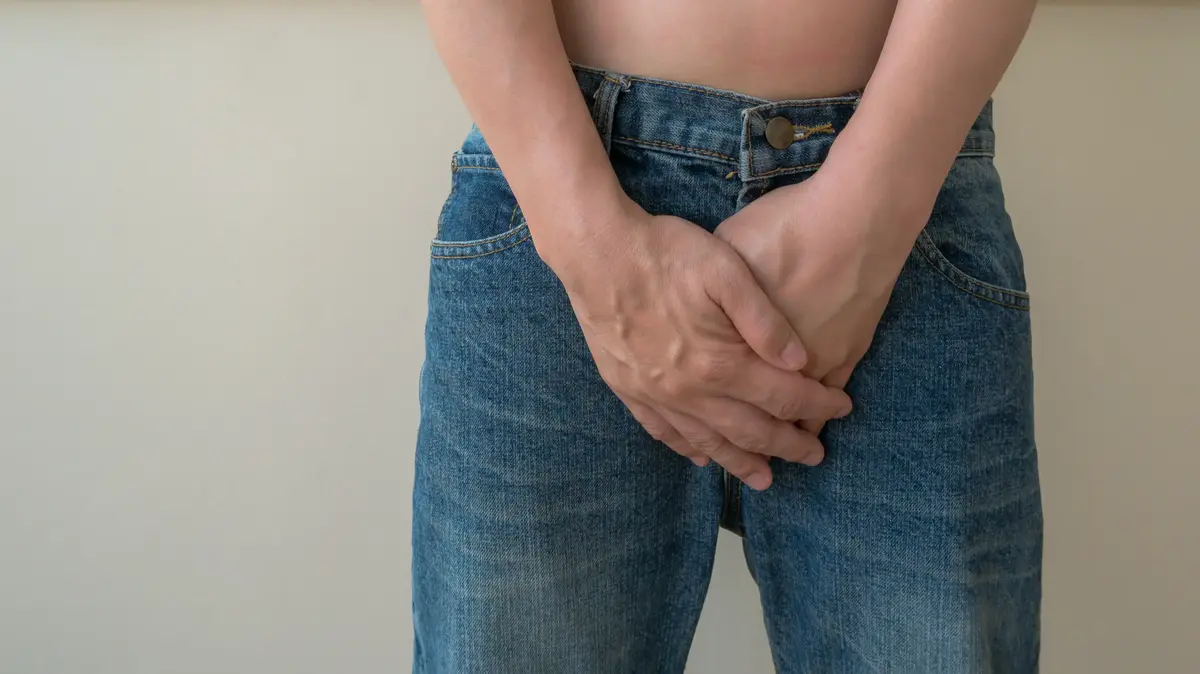Enlarge image
Documenta art
Photo: Swen Pförtner / dpa
There was a lack of clear responsibility structures and conflict management procedures - this is the conclusion reached by the expert committee for dealing with the anti-Semitism scandal at documenta fifteen in Kassel.
In their final report published on Monday, the seven scientists attribute the incidents at the World Art Exhibition last year to structural weaknesses.
At the same time, the experts made recommendations and see the federal government as more responsible.
The concept of decentralization and the transfer of power, with which the Indonesian curator collective Ruangrupa started, found no organizational equivalent, it says.
"The long-awaited conflict about anti-Semitism met with insufficient internal preparations," explain the experts, who were appointed by the documenta shareholders, the city of Kassel and the state of Hesse, to provide scientific support for the show in the wake of the allegations of anti-Semitism.
Even before documenta fifteen last year, the first voices had been raised accusing Ruangrupa and some of the invited artists of being close to the anti-Israel boycott movement BDS.
Shortly after the show opened in mid-June, a work with anti-Semitic imagery was discovered and taken down.
Other works later triggered sharp criticism and calls for the exhibition to be canceled, which is considered the most important exhibition for contemporary art alongside the Venice Biennale.
The expert group explains that the documenta gGmbH neither reacted in an appropriate manner to the anti-Semitism incidents nor took seriously the impositions that the incidents had on the Jewish community in Germany.
»Jews had to experience that, despite all the early warnings, the documenta began to deal with the topic of anti-Semitism only slowly and in response to the public scandal – and even then only with considerable resistance.«
Public cultural institutions have a duty to deal with anti-Semitic incidents.
"The freedom of art does not stand in the way of this duty," sums up the body, which is headed by the conflict and peace researcher Nicole Deitelhoff.
She is a professor of international relations and theories of global governance at the Goethe University in Frankfurt.
Concrete recommendations for action
The scientists recommend, among other things,
that the federal government takes up its seats on the supervisory board of the documenta again.
The Federal Cultural Foundation withdrew from the committee in 2018, but continues to support the show with 3.5 million euros.
"At the same time, the supervisory board should also be made more professional," according to the expert council.
According to this, representatives of the art world should have seats on the supervisory board.
It is also important to strengthen the management compared to the artistic direction.
The committee also advises developing and institutionalizing conflict and complaints procedures.
"The discussion of allegations of anti-Semitism and anti-Semitism at documenta fifteen was largely characterized by ignorance, trivialization and resistance," the report also states.
The associated loss of trust in German cultural institutions' willingness to come to terms with this can only be reversed in the long term.
"In order to be able to achieve this at all, Jewish perspectives should be given more weight in developing a preventive approach to anti-Semitism." It will also be important to raise cultural institutions' awareness of anti-Semitism.
The committee is also convinced »that the events at documenta fifteen necessarily point beyond these and urgently require a social debate about anti-Semitism and art or general discrimination and art«.
His report cannot replace this debate, at best he can help initiate it, the committee emphasized.
The supervisory board considers the suggestions and recommendations of the scientific support to be valuable and further, said its chairman, Kassel's mayor Christian Geselle (SPD), and his deputy, Hesse's art minister Angela Dorn (Greens).
He recommends using them as a basis for the organizational analysis initiated by the shareholders.
»The shareholders will also remain in discussion with the federal government.«
dop/dpa












